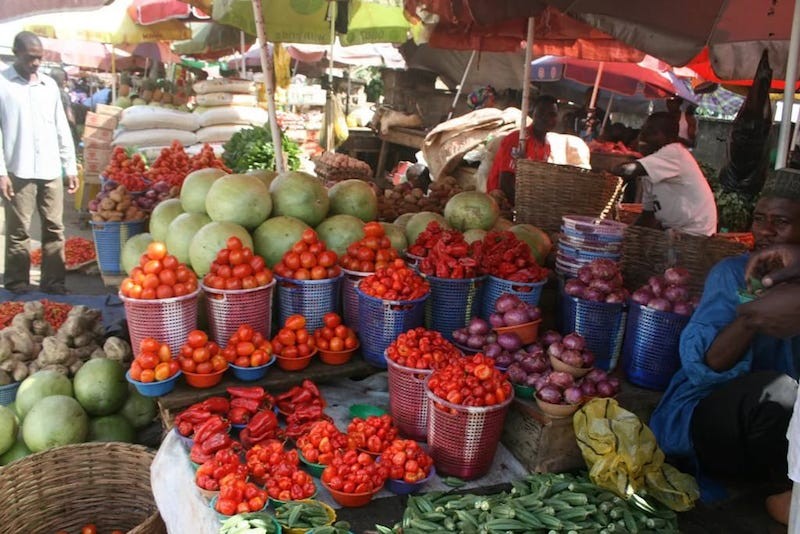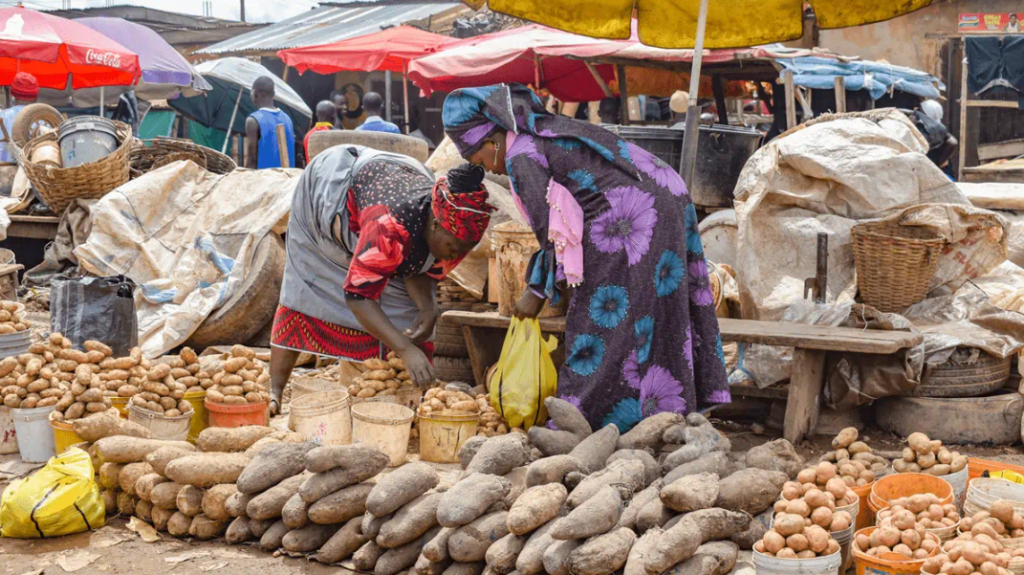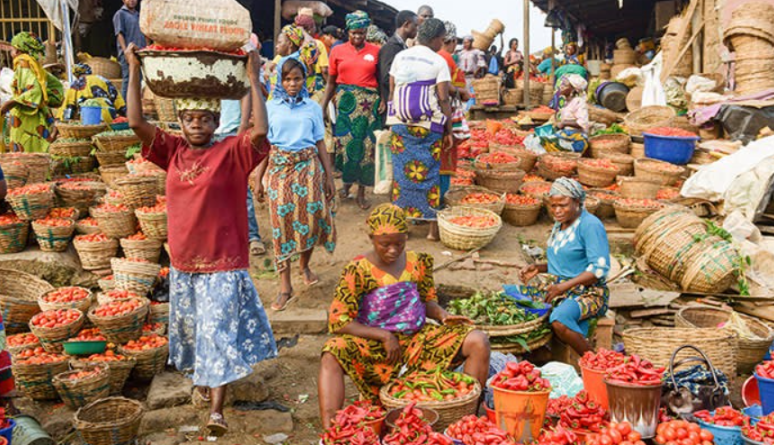Nigeria is Facing a Severe Food Insecurity Crisis
Nigeria is facing a severe food insecurity crisis, with the number of hungry people projected to rise by 7 million in 2025, according to the United Nations. This is alarming, considering that 25 million Nigerians were already at risk of food insecurity in 2023 ¹. The crisis is driven by various factors, including conflict, climate change, inflation, and rising food prices.

Key Factors Contributing to Food Insecurity:
- Conflict and Violence: Ongoing conflicts in the northeast states of Borno, Adamawa, and Yobe, as well as armed banditry and kidnapping in other states, have disrupted food production and distribution.
- Poor Infrastructure: Inadequate storage facilities, rural roads, and processing infrastructure are exacerbating food insecurity.
- Climate Change: Rising temperatures and changing weather patterns are affecting crop yields and food availability.
- Economic Challenges: Inflation and rising food prices are making it difficult for people to access nutritious food.


Vulnerable Populations:
- Children under 5 years old are disproportionately affected, with 6 million facing food insecurity.
- Women, who account for 60% of the farming population, are also vulnerable.
To address this crisis, the Nigerian government, international organizations, and stakeholders must work together to implement sustainable solutions, such as:
- Improving Agricultural Productivity: Investing in irrigation, fertilizers, and high-yield seeds .
- Enhancing Food Storage and Distribution: Developing robust storage facilities and logistics.
- Supporting Vulnerable Populations: Providing humanitarian aid and social protection programs.
The situation requires urgent attention to prevent a catastrophic food security and nutrition crisis.

